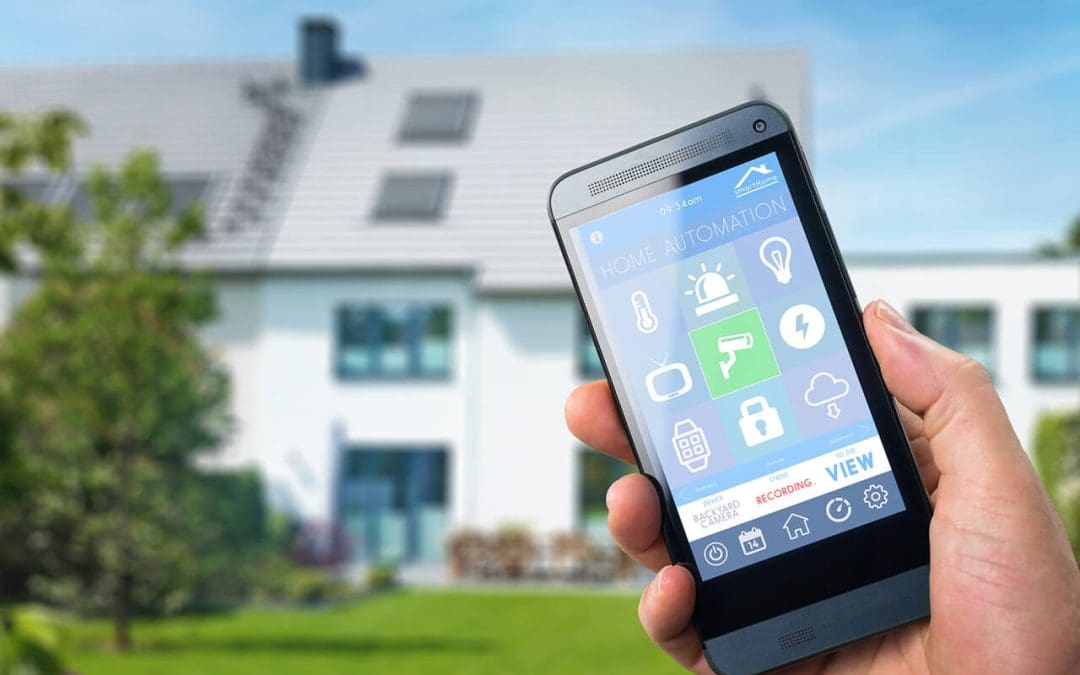Creating a safe and secure home involves more than locking doors and installing an alarm system. Homeowners today are increasingly aware of the importance of proactive measures to protect their families, property, and peace of mind. Understanding and implementing key home safety essentials will prevent accidents, reduce risks, and guarantee that your home is a place of comfort rather than worry.
Understanding the Importance of Home Safety Essentials
Home safety essentials encompass planning, awareness, and smart investments that make your home safer for everyone. From fire safety to electrical maintenance, having the right tools, systems, and routines will drastically reduce potential hazards. Recognizing which areas of your home are most vulnerable is the first step toward creating a comprehensive safety plan.
Fire Safety in the Home
Fire safety is a top priority for any homeowner. Smoke detectors, fire extinguishers, and fire-resistant materials are critical components of a well-prepared home. Smoke detectors should be installed in every bedroom, outside sleeping areas, and on each home floor. Regularly testing these devices and replacing batteries guarantees they function correctly when you need them most. In addition to detectors, having a clear fire escape plan is vital. All household members should know multiple exit routes, and regular fire drills will help reinforce safe habits. Portable fire extinguishers in the kitchen, garage, and near major appliances will provide quick intervention.
Electrical Safety Should be a Priority
Electrical hazards are more common than many homeowners realize, often caused by faulty wiring, overloaded outlets, or outdated electrical systems. Schedule regular inspections with licensed electricians, use surge protectors correctly, and avoid attempting DIY repairs on complex electrical systems. Modern homes should also consider ground-fault circuit interrupters (GFCIs) in kitchens, bathrooms, and outdoor areas to prevent electric shocks. Teaching family members about safe plug usage and keeping cords in good condition further enhances electrical safety.
Safety Essentials for Home Security
Protecting your home from intruders and threats is key to keeping your household safe. Locks on doors and windows, security cameras, motion-sensor lights, and smart home technology will significantly reduce the likelihood of break-ins. Choosing high-quality deadbolts and reinforcing sliding doors with additional hardware provides peace of mind. Beyond physical barriers, simple habits such as locking doors when leaving, not sharing travel plans publicly, and being aware of neighborhood activity are important components of a comprehensive security plan. Combining technology with awareness makes sure your home is both protected and resilient.
Child and Pet Safety Essentials
Specialized safety measures are crucial for homes with children or pets. Safety gates, cabinet locks, outlet covers, and corner guards will prevent accidents and injuries. Pets also benefit from precautions such as securing trash bins, removing toxic plants, and creating safe spaces away from hazards. Regularly reviewing these safety measures and adjusting as your family grows or changes helps maintain a safe environment. Being proactive rather than reactive will prevent countless accidents and create a more secure household.
Prepare for Emergencies
Emergencies can strike at any time, whether natural disasters, severe weather, or medical incidents. Key items for emergency preparedness include first aid kits, emergency contact lists, backup power sources, and stored water and food. A well-thought-out emergency plan ensures your family can respond calmly and efficiently. Training household members on CPR, basic first aid, and evacuation procedures further strengthens emergency preparedness. Preparing in advance reduces stress and improves outcomes during unexpected situations.
Maintaining Safety Essentials Over Time
Implementing safety measures is just the first step; regular maintenance is just as important. Smoke detectors need battery changes, fire extinguishers require inspections, and locks and security systems should be checked periodically. Creating a maintenance schedule for these items guarantees they remain reliable and effective. Home safety also involves staying informed about new technologies, safety standards, and local regulations. Keeping your home safety practices up-to-date helps protect your family and property from new and changing risks.
FAQs
What are the most important safety essentials every home should have?
Every home should have functioning smoke detectors, fire extinguishers, secure locks, and a basic first aid kit. Electrical and emergency preparedness measures further enhance safety.
How often should I check or replace safety devices?
Smoke detector batteries should be tested monthly and replaced at least once a year. Fire extinguishers typically need a professional inspection annually, and locks and security systems should be reviewed periodically.
Are smart home devices necessary for safety?
Smart devices like cameras, door sensors, and smart locks enhance convenience and security, but are not strictly necessary. They are most effective when combined with basic safety practices.
How can I involve my family in home safety?
Teaching children about emergency plans, involving everyone in fire drills, and reviewing safety procedures together helps ensure all household members know how to act in case of an incident.
What should I do in case of a home emergency?
Stay calm, follow your pre-planned emergency procedures, call emergency services if needed, and evacuate safely. Having a designated meeting spot and a prepared emergency kit improves outcomes.
CheckPoint Property Inspections offers home inspection services to buyers and sellers in Burlington, Vermont, and surrounding areas. Contact us to schedule an appointment.

